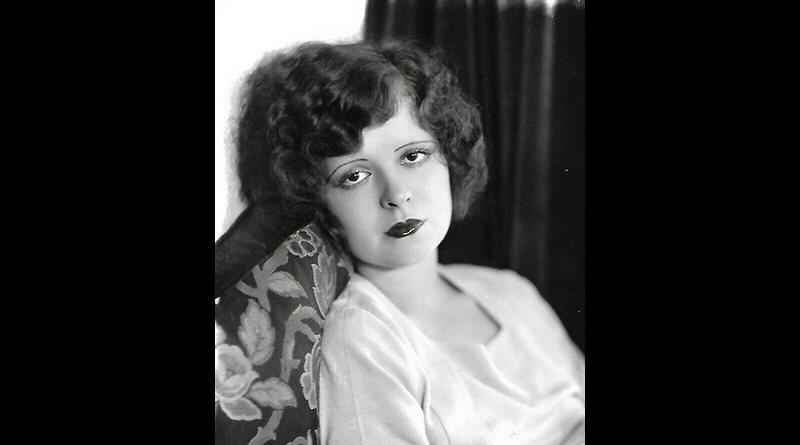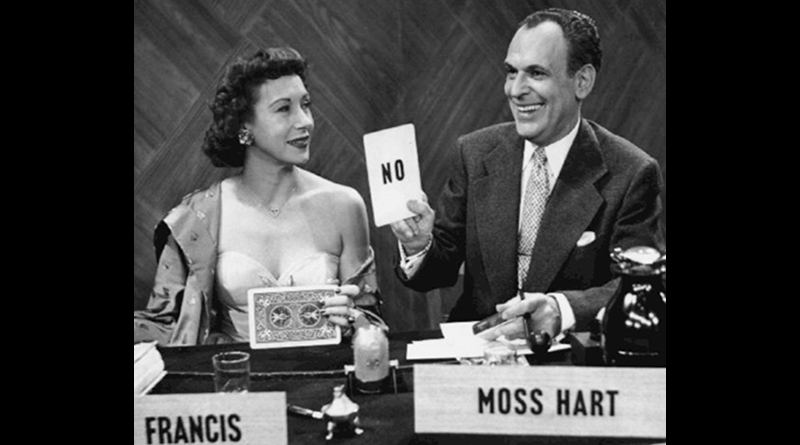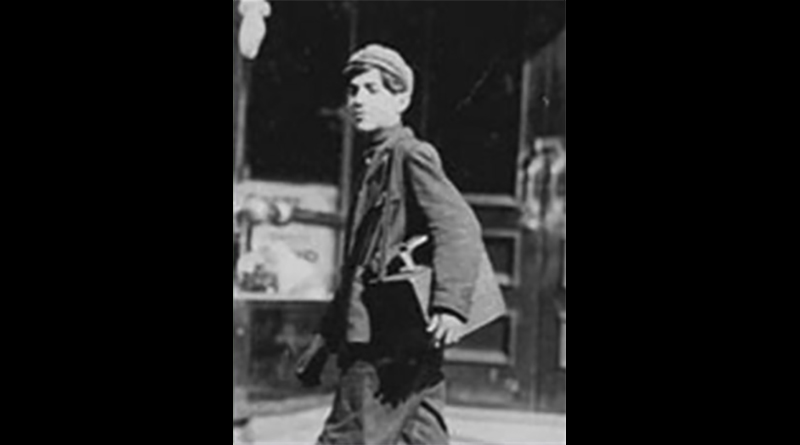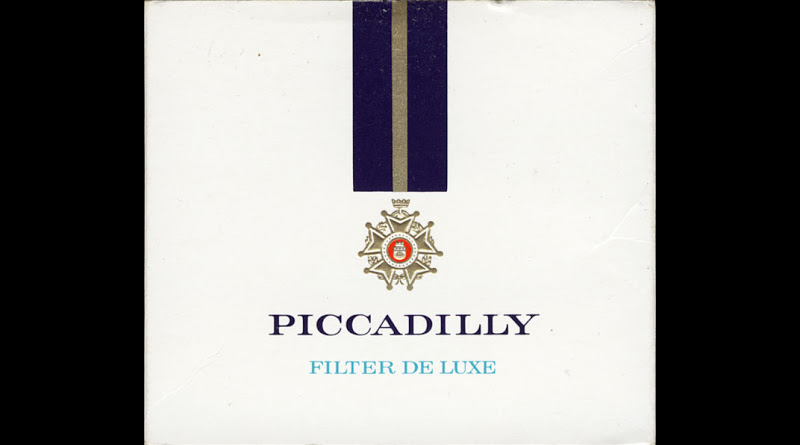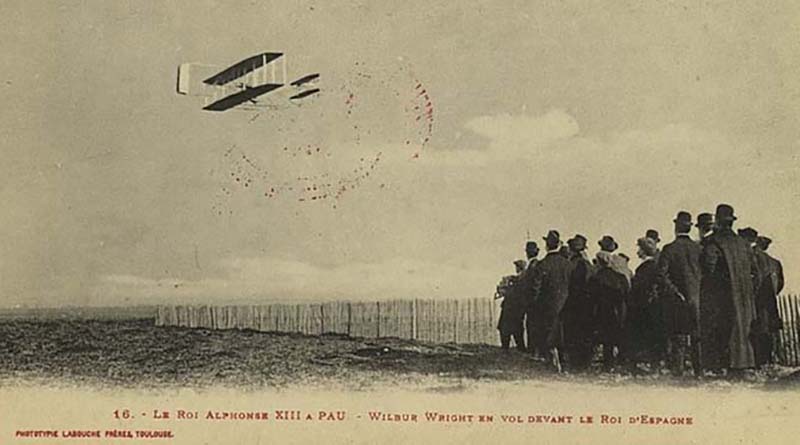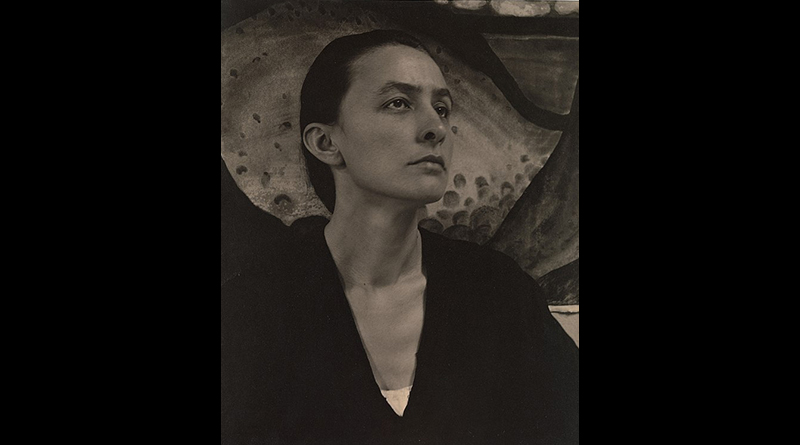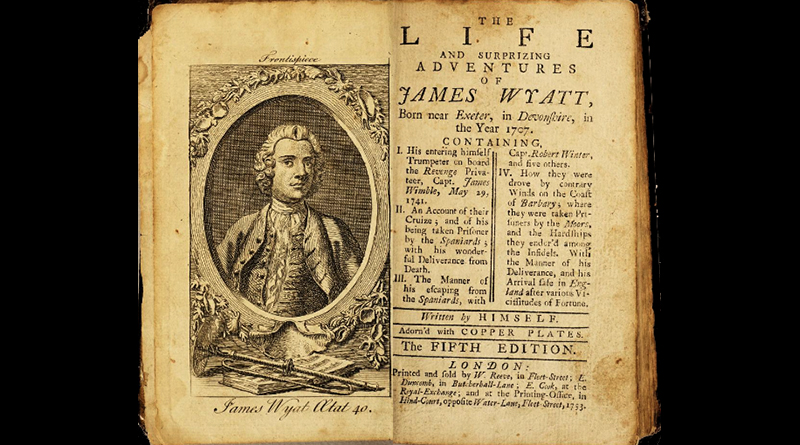Sarah’s malady was still a mystery, yet that October she was discharged from the asylum and listed as “Recovered.” Clara rented a furnished room for them, and when Johnny Bennett visited her there, she told him that her mother had been on location with her in New Bedford. No mention of an asylum was made.
After her release, Sarah dealt with her daughter’s career by ignoring it. Down to the Sea in Ships had not opened, so Clara made the rounds of studios and agencies without results until late 1922, when William Randolph Hearst’s Cosmopolitan Pictures hired her as an unbilled extra for Enemies of Women. One day her mother demanded to accompany her to the studio. Clara declined.
Sarah acted hurt. “You’re ashameda me,” she accused Clara. “Ya think I’m crazy.” Her daughter’s guilt turned to horror when Sarah lapsed into a catatonic state interrupted only by spells which left her gasping for breath. Days passed with Sarah lying silent and rigid on a couch, her face devoid of expression.
Confused and terrified, Clara kept her mother’s condition secret and continued to work. Enemies of Women juvenile lead William Collier, Jr., met her on the set, thought her “scared to death,” and attributed her fear to youth and inexperience. Only Clara knew the truth and its irony: “In the picture I danced on a table. All the time I hadda be laughin’, rompin’, displayin’ joy of life…. I’d cry my eyes out when I left my mama in the mornin’ — and then go dance on a table.”
On New Year’s Eve, Sarah was taken back to the asylum and pronounced terminally insane. Robert Bow authorized her transfer to the same state mental institution where her mother had died in 1907.
On the day before her transfer, Sarah Bow died. It was Friday, January 5, 1923. Robert Bow went to the studio where Clara was working — dancing — to tell her. Clara did not cry during the funeral service, nor aboard the ferry to Staten Island, where Sarah was buried beside her parents. But when her mother’s coffin was lowered into the ground, she “came to life and went crazy. I triedta jump in after her.” Certain that her film career had aggravated Sarah’s illness, Clara blamed herself for her mother’s death. “I was dancin’ on a table with just a few clothes on when she left me for good,” she would sob years later, still tormented by the thought. “I disappointed her. I went against her wishes.” — David Stenn, in his biography Clara Bow: Runnin’ Wild (read for free)

